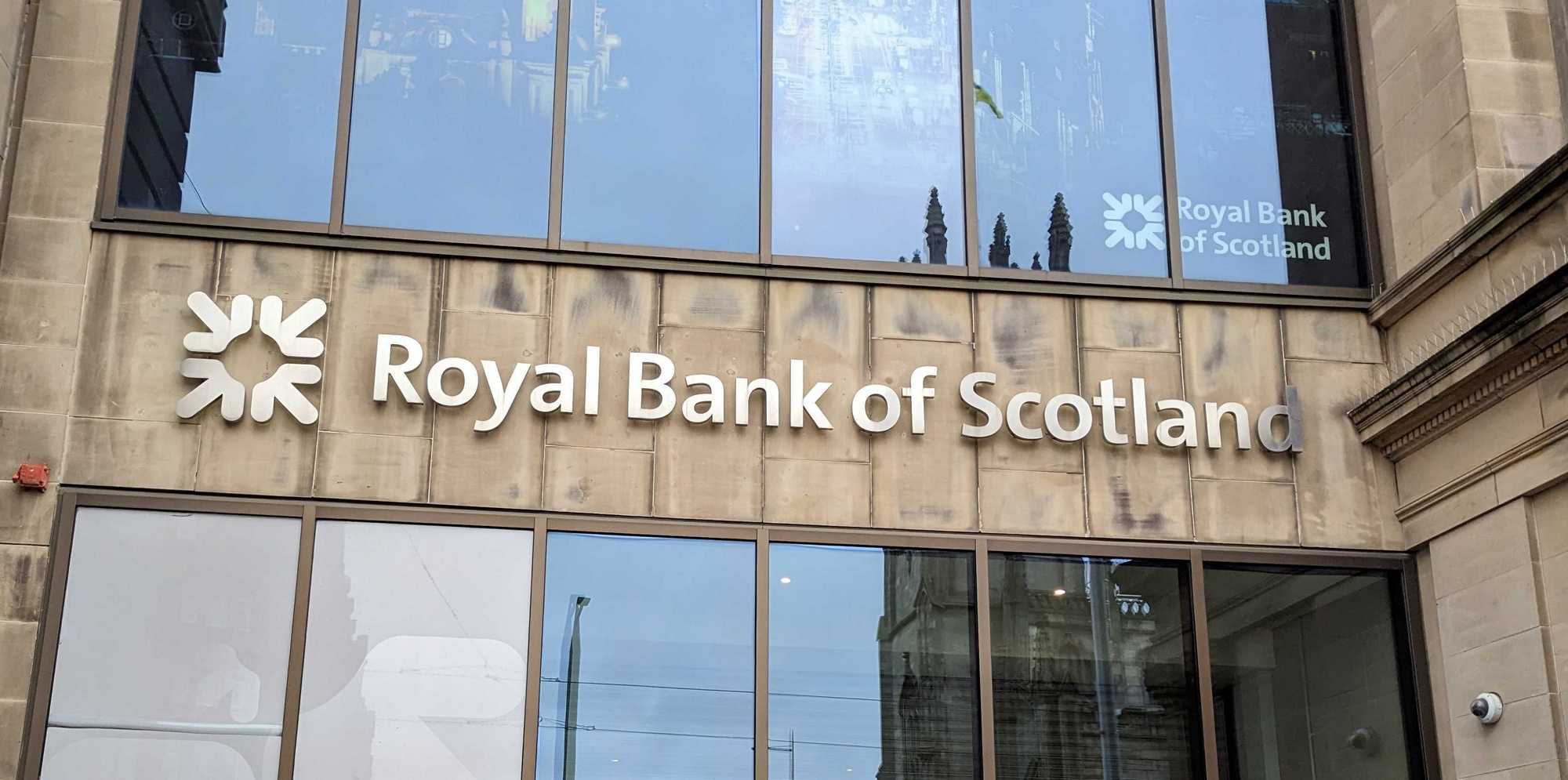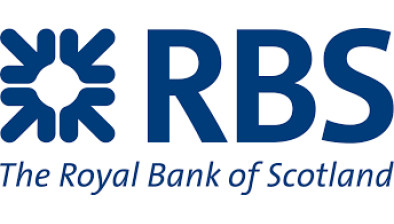RBS: Scottish economy rebounds as service sector drives growth

(Credit: George Iordanov-Nalbantov)
Scottish business activity saw a modest return to growth in May, marking the first increase in six months, according to the latest Royal Bank of Scotland (RBS) Growth Tracker.
The index, which measures combined output from the manufacturing and service sectors, rose to 50.5 from 47.4 in April, signalling a slight expansion.
The growth in activity was primarily driven by a stronger service sector performance, where a fresh increase in activity was supported by a renewed upturn in new business. This helped to offset a further downturn in manufacturing output.
At the same time, Scottish private sector companies recorded a renewed increase in employment, making Scotland the only area among the 12 monitored UK regions and nations to register job creation.
Sebastian Burnside, RBS chief economist, said: “Following a near-universal decline in output across the 12 monitored UK regions and nations in April, Scotland was one of six areas to experience an upturn in business activity during May.
“This uptick in activity was primarily driven by the service sector, where a strong expansion helped to offset a further decline in manufacturing output. Demand conditions meanwhile moved closer to stabilising, as the decline in new business was only marginal and the softest in six months. Additionally, firms exhibited greater confidence in their projections for business activity over the year ahead.
“The Scottish labour market demonstrated resilience, with firms adding to their workforce numbers for the first time in six months. Notably, it was the only tracked area to report an increase in employment.
“As was the case across all 12 UK regions and nations, cost pressures eased across Scotland in May. In fact, Scotland recorded the weakest rate of cost inflation of all monitored areas, albeit one that remained sharp overall. Charges levied for Scottish goods and services were also raised at a slower pace than in April.”
May survey data signalled a further decline in total new work received by Scottish private sector firms. Those reporting lower new business generally linked this to global uncertainty, decreased consumer spending and increased market competition. That said, the rate of decrease was the slowest seen in six months and only marginal. The pace of contraction was also weaker than the UK-wide trend.
The level of positive sentiment towards the 12-month outlook for output improved across Scotland in May. The respective index picked up further from March to reach a seven-month high. Increased confidence was largely linked to new products, new project pipelines, operational enhancements, and general optimism about future market conditions.
However, Scottish firms were less optimistic than the average UK firm when assessing the year ahead.
Scottish private sector firms expanded their workforce numbers for the first time in six months during May, albeit only slightly. Moreover, Scotland was the only area of the 12 monitored UK regions and nations to register a rise.
The uptick in employment was focussed on services companies, where firms mentioned hiring new employees to manage additional workloads.
The amount of unfinished work at Scottish private sector firms fell in May. The reduction was more marked among manufacturers, where firms cited fewer overall orders and the completion of previous contracts, which allowed them to catch up on outstanding tasks. Although solid, the overall rate of depletion was the least pronounced for seven months.
Furthermore, of the 12 monitored UK regions and nations, Scotland recorded the weakest decline in backlogs of work.
As has been the case since June 2020, average cost burdens faced by companies based in Scotland increased in May. The uptick was often attributed to increases in National Insurance contributions and Minimum Wage rates, as well as rising prices for food. While the rate of input price inflation eased to a five-month low and was the weakest among the 12 monitored UK regions and nations, it remained sharp and exceeded the long-run average.
As part of efforts to help protect their margins, private sector companies in Scotland raised their output charges again during May. Although the rate of increase was the slowest since January, it remained sharp overall and outpaced the UK-wide average.







